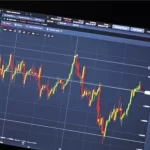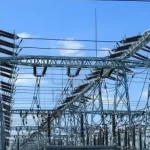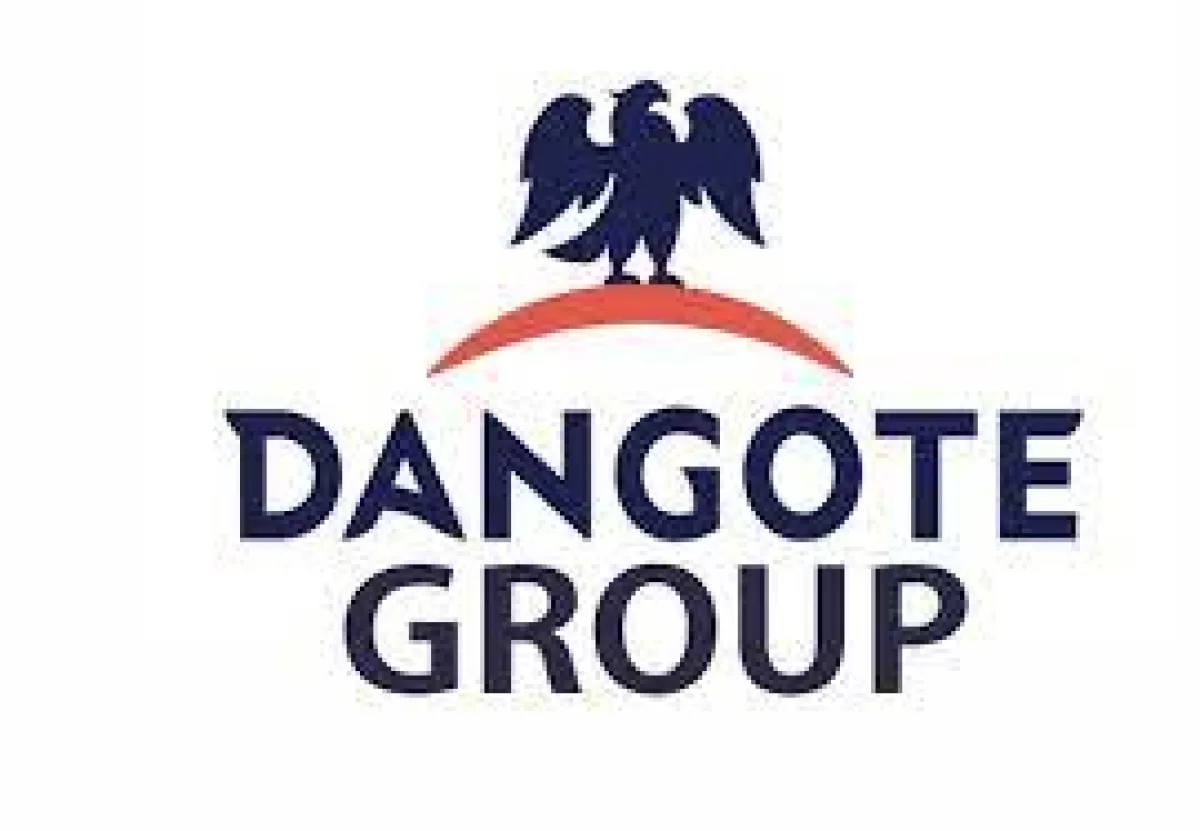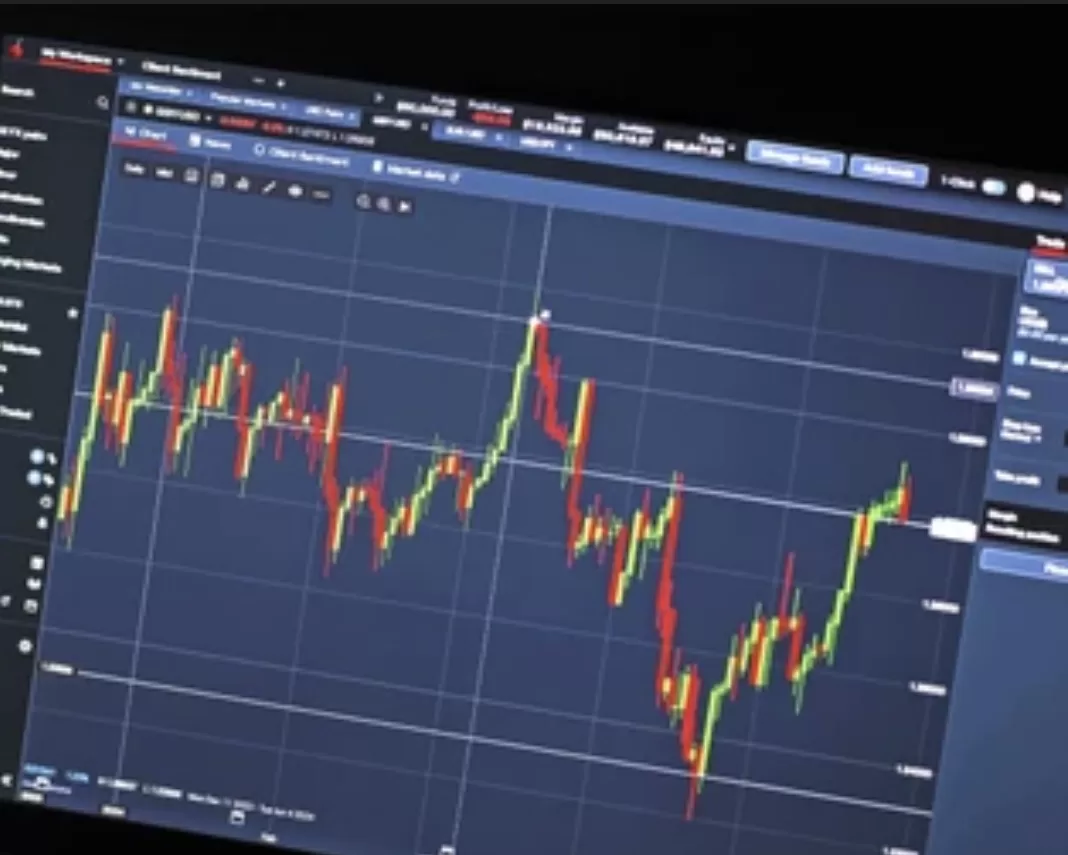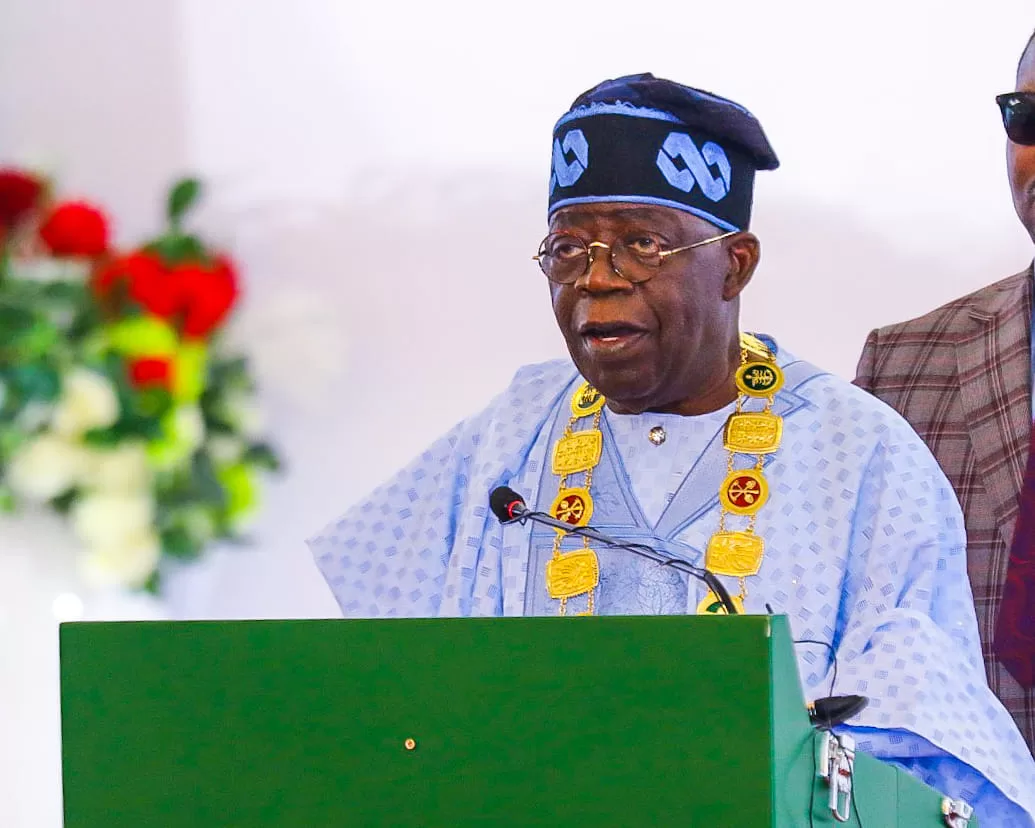The Dangote Petroleum Refinery has issued a warning to Nigerians regarding a newly established depot, reportedly leased by an unnamed international trading company, which is allegedly blending substandard petroleum products.
The company stated that the depot, located near Dangote’s facilities, poses a risk as it aims to introduce these inferior products into the market, potentially misleading unsuspecting consumers.
This was disclosed in a statement by the Group Chief Branding and Communications Officer of Dangote Group, Anthony Chiejina on Sunday.
He emphasized that the blending of substandard petroleum products threatens Nigeria’s refining industry and public safety.
Chiejina’s statement was a response to claims made by the Independent Petroleum Marketers Association of Nigeria and other associations, which suggested that the price of imported fuel is lower than that of fuel from the Dangote refinery.
The statement underscored that any marketer offering PMS at a lower price than the current rate is likely sourcing substandard products in collaboration with international traders, thereby compromising fuel quality in Nigeria.
Recently, oil marketers indicated that the price of petrol from the Dangote Petroleum Refinery ranges from N1,015 to N1,028 per litre, depending on the purchase quantity.
Based on this, some dealers have committed to importing petrol and selling it at prices lower than those of the Dangote refinery and the Nigerian National Petroleum Company Limited.
While the refinery has denied the marketers’ claims, it alleged on Sunday that there is collusion with an international firm to blend and distribute substandard products in the market, aiming to compete with Dangote’s high-quality offerings.
The statement read, “We had lately refrained from engaging in media fights but we are constrained to respond to the recent misinformation being circulated by IPMAN, PETROAN, and other associations.
“Both organisations claim that they can import PMS at lower prices than what is being sold by the Dangote refinery. We benchmark our prices against international prices and we believe our prices are competitive relative to the price of imports.
“If anyone claims they can land PMS at a price cheaper than what we are selling, then they are importing substandard products and conniving with international traders to dump low-quality products into the country, without concern for the health of Nigerians or the longevity of their vehicles.
“At the same time, an international trading company has recently hired a depot facility next to the Dangote Refinery, with the objective of using it to blend substandard products that will be dumped into the market to compete with Dangote refinery’s higher quality production.
“This is detrimental to the growth of domestic refining in Nigeria.”
The refinery also highlighted the complicity of the Nigerian Midstream and Downstream Petroleum Regulatory Authority, citing its inability to effectively detect substandard products due to the absence of a functional laboratory facility.
“Unfortunately, the regulator, NMDPRA does not even have laboratory facilities that can be used to detect substandard products when imported into the country,” Dangote said.
Meanwhile, the Dangote refinery announced a reduced rate of N960 per litre for petrol supplied via ships and N990 per litre for truck deliveries, following the recent deregulation of the sector.
While the Nigerian National Petroleum Company (NNPC) has set its prices at N971 for ship-based sales and N990 for truck-based sales, the refinery chose to offer a lower rate of N960 for ship deliveries while maintaining the truck price at N990.
“Post deregulation, NNPC set the pace by selling PMS to domestic marketers at N971 per litre for sale into ships and at N990 for sale into trucks. This set the benchmark for our pricing and we have even gone lower to sell at N960 per litre for sale into ships while maintaining N990 per litre for sale into trucks.
“In good faith, and in the interest of the country, we commenced sales at these prices without clarity on the exchange rate that we will use to pay for the crude purchased,” it stated.



